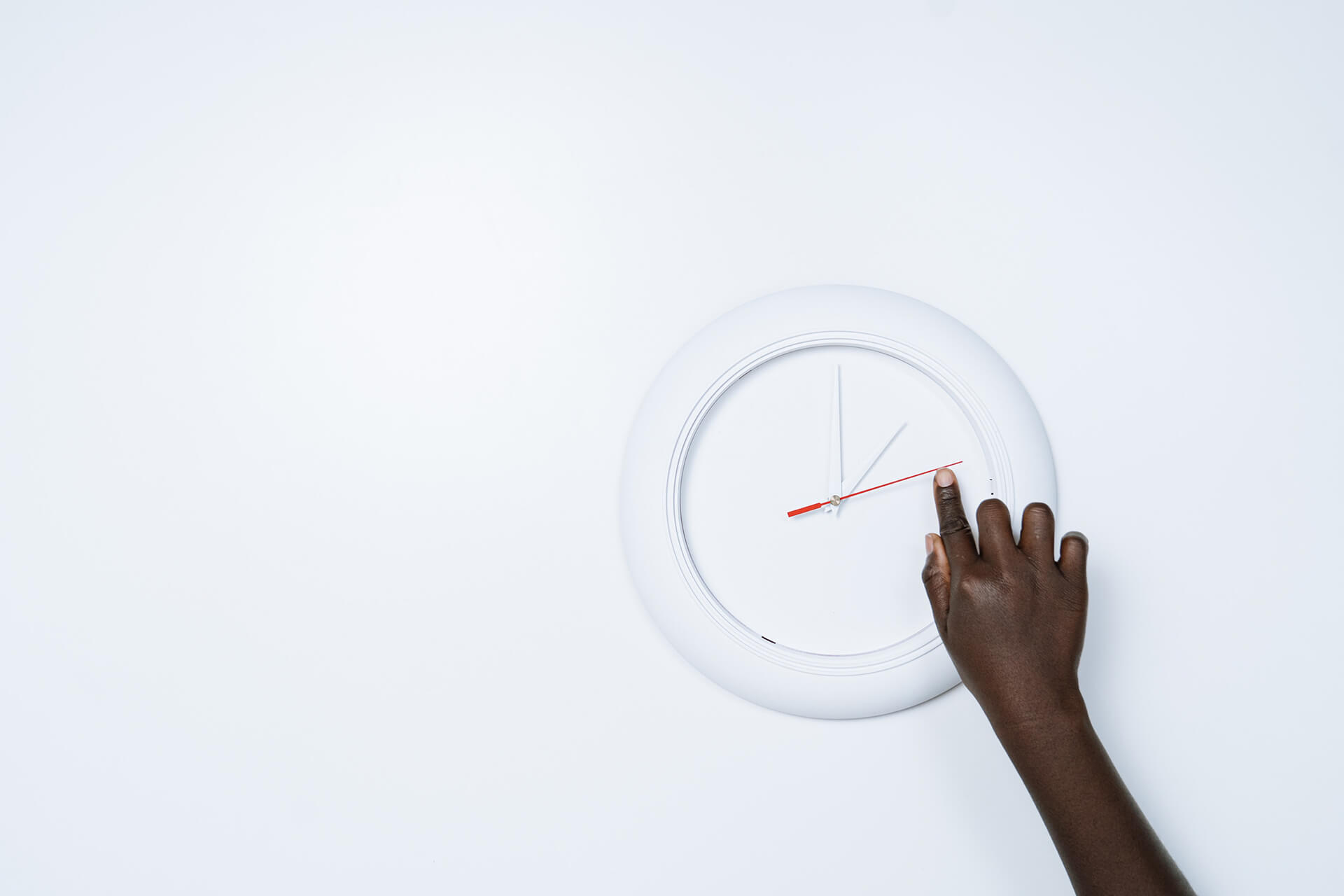If you have a hearing loss, you most likely have concerns about how it will proceed. In this post, we’ll address some of the most often asked issues.
Table of Contents
How Do We Hear?
The outer ear, middle ear, and inner ear are the three primary parts of the ear. Sound waves go through the outer ear and create eardrum vibrations, and then the vibrations are amplified as they travel to the inner ear via the eardrum and three tiny bones of the middle ear.
In the inner ear, vibrations move through fluid in a snail-shaped structure (cochlea). Thousands of microscopic hairs attached to nerve cells in the cochlea help interpret sound vibrations into electrical impulses that are transferred to your brain, and are converted into sound by your brain.
How Does Hearing Loss Happen?
Hearing loss is a progressive disorder, which means that it worsens with time. The rate at which it develops is determined by a number of variables, including heredity and lifestyle practices.
Those variables are:
- The inner ear has been damaged – The hairs or nerve cells in the cochlea that convey sound impulses to the brain may wear out with age and exposure to loud noise. Electrical impulses aren’t conducted as efficiently when these hairs or nerve cells are injured or absent, resulting in hearing loss.
- Higher-pitched tones are muted – You may find it challenging to distinguish words against background noise.
- The earwax builds up over time – Earwax can obstruct the ear canal and prevent sound waves from being transmitted. Earwax removal can aid in the restoration of your hearing.
- A bacterial infection in the ear, as well as aberrant bone growths or tumors – Any of these, can induce hearing loss in the outer or middle ear.
- Eardrum rupture (tympanic membrane perforation) – Loud noises, abrupt pressure fluctuations, pinching your eardrum with an item, and infection can all cause your eardrum to burst and cause hearing loss.
Is My Hearing Loss Going to Get Worse?
Hearing sensitivity begins to decline in most individuals in their 20s, but it does not affect communication until they are in their 50s or 60s. It may, however, proceed more swiftly for certain people.
Those who are most in danger are:
- Smokers
- Workers subjected to excessive noise
- Diabetics
- People with cardiac conditions
- People suffering from autoimmune conditions
Sudden Sensorineural Hearing Loss (SSHL)
In the United States, roughly 4,000 cases of SSHL are identified each year. People between the ages of 30 and 60 are the most typically affected. If treated promptly, around half of persons with unilateral SSHL (just one ear affected) recover within two weeks.
Hearing loss affects around 15% of those with the illness, and it grows worse with time. However, advancements in hearing aid and cochlear implant technology are assisting those with hearing loss in improving communication.
What Are Some of the Signs and Symptoms of SSHL?
Approximately nine out of ten persons with SSHL have just one ear affected. Hearing loss can be noticed as soon as you get up in the morning. When you use headphones or hold a phone to your damaged ear, you may notice it. A loud popping sound can occasionally precede sudden hearing loss.
Other signs and symptoms include:
- Having difficulty following group discussions
- Sounds of muffled conversation
- Difficulties hearing well when there is a lot of background noise hearing noises with a high pitch
- Balance issues dizziness
- Tinnitus (a condition in which you hear ringing or buzzing noises in your ears)

Source: Pexels
How Does Loud Noise Cause Hearing Loss?
The inner ear is particularly vulnerable to loud sounds (cochlea). Hearing loss can be caused by a single exposure to extremely loud noises or by listening to loud sounds over an extended period of time. Loud noise can harm the cochlea’s cells and membranes.
Listening to loud noise over an extended period of time can overwork hair cells in the ear, causing them to die. As long as the exposure continues, the hearing loss will proceed. Even after noise exposure has ended, negative consequences may persist. In most cases, damage to the inner ear or auditory nerve system is irreversible.
Hearing Loss Prevention and Early Detection
Don’t wait until you see evidence of hearing loss to get help. Have your doctor assess your hearing as part of your routine examination. A simple hearing test generally includes a fast peek in the ear using an otoscope (a special light for peering into the ear canal) and additional tests to determine what noises you can hear.
The chances for HL increase if:
- If you have a family history of hearing loss that isn’t caused by noise
- If you work in noisy settings
- If you participate in loud activities or hobbies
- if you take medications that increase your risk of hearing loss (for example, certain antibiotics, cancer treatment drugs, pain relievers, and more)
Hearing Loss Workers Compensation Benefits
The Workers Compensation Program was established in 1911 to encourage employers to make the workplace safer by requiring safety programs and the use of safety devices. Since 1911, there have been over 2.5 million workers’ compensation claims filed. Hearing loss workers’ compensation claims now rank #3 in the number of occupational diseases claims filed.
Hearing loss workers’ compensation benefits are largely undiscovered benefits covering hearing health care, which is often uninsured. Many health insurance policies and programs like Medicare do not cover hearing aid purchases but workers’ compensation can.
It also pays for the disability of hearing loss just as it does for the loss of eyesight or other injuries. Aging populations, advances in technology, and greater sensitivity to hearing loss are bringing more attention to financing hearing health care. For the most part, those who qualify for hearing loss workers’ compensation benefits are retired hearing-impaired workers who live on fixed incomes.
Always feel free to ask Johnson Law Offices about the process, the law, or an individual case. The legal, medical, and audio-metric questions that come into play in a hearing loss workers’ compensation claim can be complicated. The claims require attention to detail mixed with an ability to work well with hearing-impaired retirees and their families, especially spouses, and their hearing health care professionals.
Sources
- https://emedicine.medscape.com/article/857813/
- https://www.thehearingsolution.com/hearing-blog/how-fast-will-my-hearing-loss-progress
- https://houseinstitute.com/how-fast-can-hearing-loss-progress/
- https://www.cdc.gov/nceh/hearing_loss/how_do_i_know_if_i_have_hearing_loss.html
Contact Us
If you, or anyone you know, worked in noise and suffers from hearing loss, please do not hesitate to contact us.
Contact Us


